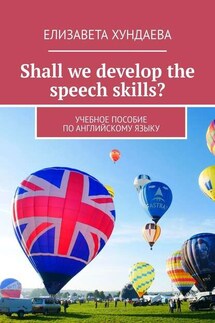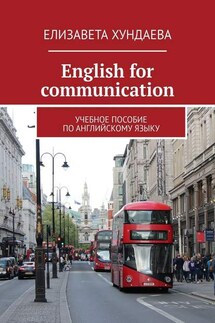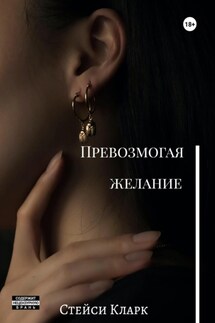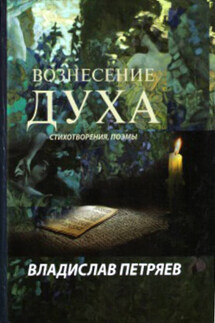Tender is the night. F. Scott Fitzgerald. Учим английский, читая мировую классику - страница 8
As she came out of a drug store (аптека) with a bottle of cocoanut oil (кокосовое масло), a woman, whom she recognized as (в которой она узнала) Mrs. Diver, crossed her path with arms full of sofa cushions (диванная подушка), and went to a car parked down the street. A long, low black dog barked (лаять) at her, a dozing (дремлющий) chauffeur (шофёр) woke with a start (вздрагивание). She sat in the car, her lovely face set (сосредоточенный), controlled, her eyes brave (смелый) and watchful (наблюдательный), looking straight ahead (прямо вперед) toward nothing (в никуда). Her dress was bright red and her brown legs were bare (голый). She had thick, dark, gold hair like a chow (чау-чау) ’s.
With half an hour to wait for her train Rosemary sat down in the Café des Alliés on the Croisette, where the trees made a green twilight (сумерки) over the tables and an orchestra wooed (привлекать, обхаживать) an imaginary public of cosmopolites (космополит) with the Nice Carnival Song and last year’s American tune. She had bought Le Temps and The Saturday Evening Post for her mother, and as she drank her citronade she opened the latter (второй) at the memoirs of a Russian princess, finding the dim (непримечательный) conventions (обычай, традиция, правила поведения) of the nineties (девяностых) realer and nearer than the headlines (заголовок) of the French paper. It was the same feeling that had oppressed (угнетать) her at the hotel – accustomed (привыкший) to seeing the starkest (строгий, суровый) grotesqueries of a continent heavily (весьма, в большой степени) underlined as comedy or tragedy, untrained (неподготовленный) to the task of separating out (выделить) the essential (существенное) for herself, she now began to feel that French life was empty and stale (тривиальный, банальный). This feeling was surcharged () by listening to the sad tunes of the orchestra, reminiscent () of the melancholy music played for acrobats in vaudeville (водевиль). She was glad to go back to Gausse’s Hotel.
Her shoulders were too burned to swim with the next day, so she and her mother hired (арендовать) a car – after much haggling (торговаться), for Rosemary had formed her valuations (оценка, определение ценности) of money in France – and drove along the Riviera, the delta (устье) of many rivers. The chauffeur, a Russian Czar of the period of Ivan the Terrible, was a self-appointed (самозванный) guide, and the resplendent (блистательный, великолепный, ослепительный) names – Cannes, Nice, Monte Carlo – began to glow through their torpid (апатичный, бездеятельный, вялый) camouflage (камуфляж, маскировка), whispering of old kings come here to dine (обедать; ужинать) or die (умереть), of rajahs (раджа – княжеский титул в Индии)) tossing (бросать, метать) Buddha’s eyes to English ballerinas, of Russian princes turning the weeks into Baltic twilights (сумерки) in the lost caviare (икра) days. Most of all, there was the scent (запах, дух) of the Russians along the coast (побережье) – their closed book shops and grocery (бакалейный) stores. Ten years ago, when the season ended in April, the doors of the Orthodox (православный, ортодоксальный) Church were locked (закрывать, запирать), and the sweet (сладкий) champagnes they favored (которые они одобряли) were put away (были отставлены в сторону) until their return (возвращение). «We’ll be back (вернуться) next season,» they said, but this was premature (преждевременный, ранний), for they were never coming back any more (никогда больше не приезжали).









